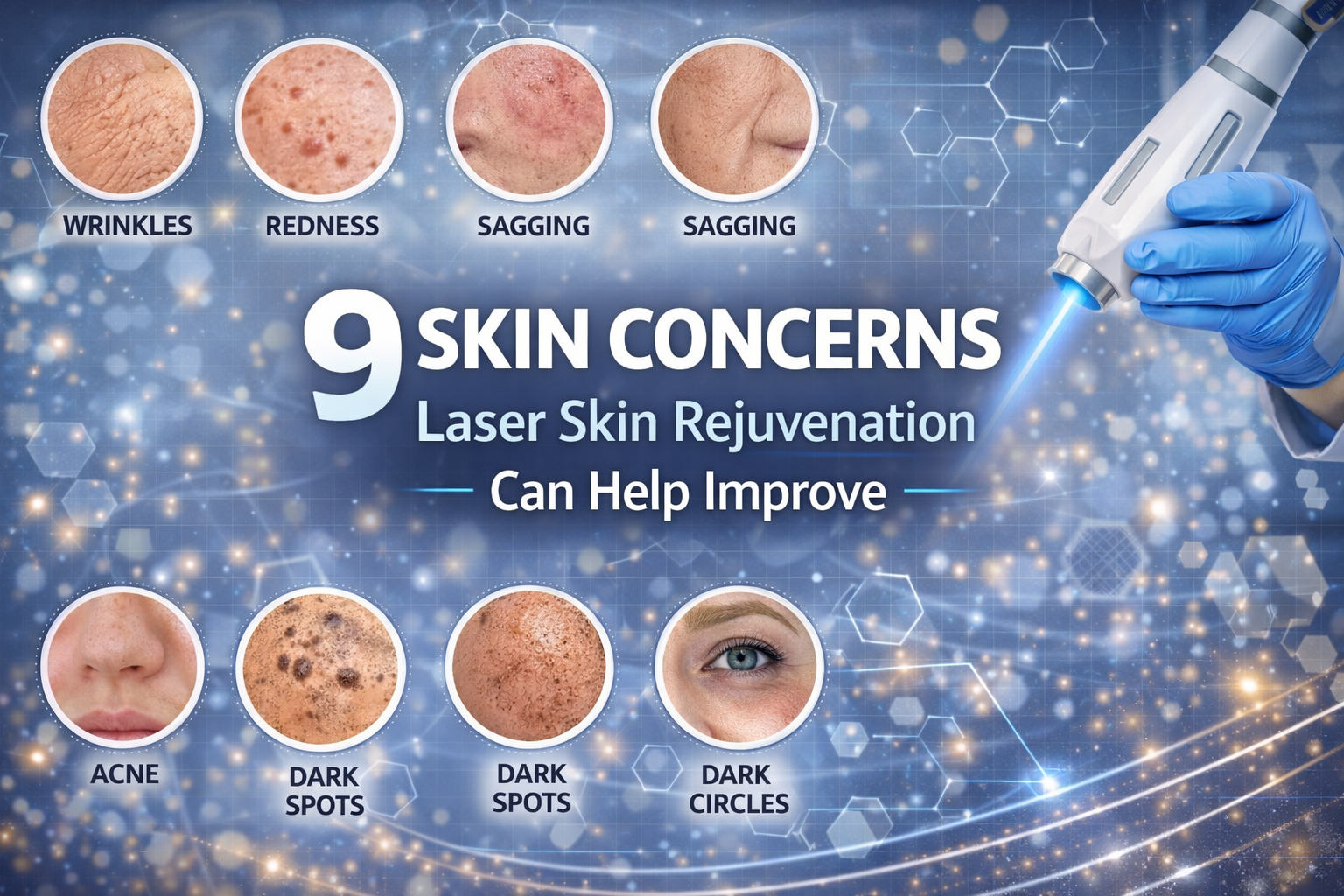Dermal Fillers for Lip Augmentation: Do They Work?
Is there any person who doesn’t want to feel good about their appearance? Whether it gives you a boost of self-confidence or an enhancement to your overall well-being, dermal fillers for lip augmentation is a quick and easy procedure that can provide you with just that.
How do dermal fillers for lips work, and what other names does the procedure have?
Dermal fillers are injectable substances used to plump up areas of the skin that have lost volume due to aging, weight loss, or other factors. They are often used to add volume and smooth out facial wrinkles, including around the lips.
Other names for dermal fillers include injectable fillers, facial fillers, and soft tissue fillers. The most commonly used dermal fillers for lip augmentation are hyaluronic acid fillers, such as Restylane and Juvéderm.
Hyaluronic acid is a natural substance found in the body that helps keep skin plump and hydrated. When injected into the lips, hyaluronic acid fillers can add volume, smooth out wrinkles, and enhance the shape of the lips.
What's the difference between dermal fillers and lip fillers?
While "dermal fillers" and "lip fillers" are often used interchangeably, they refer to two types of injectables. Dermal fillers add volume and smooth out wrinkles in various facial areas, including the cheeks, chin, and nasolabial folds. Lip fillers, on the other hand, are dermal fillers specifically used to augment the lips.
Other dermal fillers, such as collagen or fat injections, can also be used for lip augmentation. Still, they are less commonly used because the filler may migrate and has different risks and benefits.
The difference between dermal and lip fillers is their intended use and the areas of the face they’re meant to treat. While some dermal fillers may be used for both the face and the lips, it's important to work with a qualified clinician to determine the best type of filler for your individual needs and goals.
Are they safe, and how long do they last?
When performed by our team of trained professionals, dermal filler injections are safe and effective.
However, as with any medical procedure, there are risks and potential side effects, such as swelling, bruising, and infection due to improper care.
The duration of dermal filler effects varies depending on the type of filler used and the individual's metabolism. Hyaluronic acid fillers typically last 6 to 12 months before the body absorbs it naturally.
How to know if lip fillers will look good on you
Before getting lip fillers, it's important to consult with out team to determine the goals you have for your appointment. We will work closely with you to evaluate your facial structure and discuss the appropriate volume and placement of filler to achieve the desired look.
What's the process for getting dermal fillers to augment your lips?
Getting dermal fillers for your lips is a relatively simple and non-invasive procedure that one of our in-house qualified aestheticians can perform. Here's what you can expect from the process:
Consultation
The first step towards dermal fillers for lip augmentation is to schedule a consultation at our medspa. During the consultation, we will also explain the different fillers available and recommend the best treatment plan for your needs.
Preparation
On the day of the appointment, we will apply a topical numbing cream or administer a local anesthetic to minimize discomfort. We will also clean the treatment area and mark the injection points.
Injections
One of our registered aesthetic nurses will use a fine needle to inject the filler into the lips at the predetermined points. The number of injections and the amount of filler used will depend on your individual needs and goals. The entire process usually takes less than 30 minutes.
Massage
After the injections, we may gently massage the lips to distribute the filler evenly and ensure a natural, plump appearance. This may cause some discomfort or swelling, but it should subside within a few days.
Recovery
You may experience some swelling, bruising, or redness at the injection site for a few days after the procedure. You can minimize these symptoms by applying ice packs and avoiding strenuous activity for the first 24 hours. Avoid applying makeup or other products to the treated area for the first 24 hours to reduce infection risk.
It's important to follow the aftercare instructions that our nurse provides to ensure a safe and successful recovery. It’s advisable to schedule a follow-up appointment to check on your progress and make any necessary adjustments.
Lip Fillers to Enhance Your Features
We believe that everyone deserves to look and feel their best. Dermal fillers for lip augmentation can be a safe and effective way to enhance your beauty and boost your self-confidence. Whether you're looking to add volume to thin lips, smooth out wrinkles, or enhance the shape of your lips, dermal fillers can be an excellent option.
If you're considering lip fillers, we encourage you to book a consultation with our experienced team at The Studio Med Spa. Our goal is to help you feel your best, look your best, and be your best. Book your appointment today and let us help you achieve the look you've always wanted.




